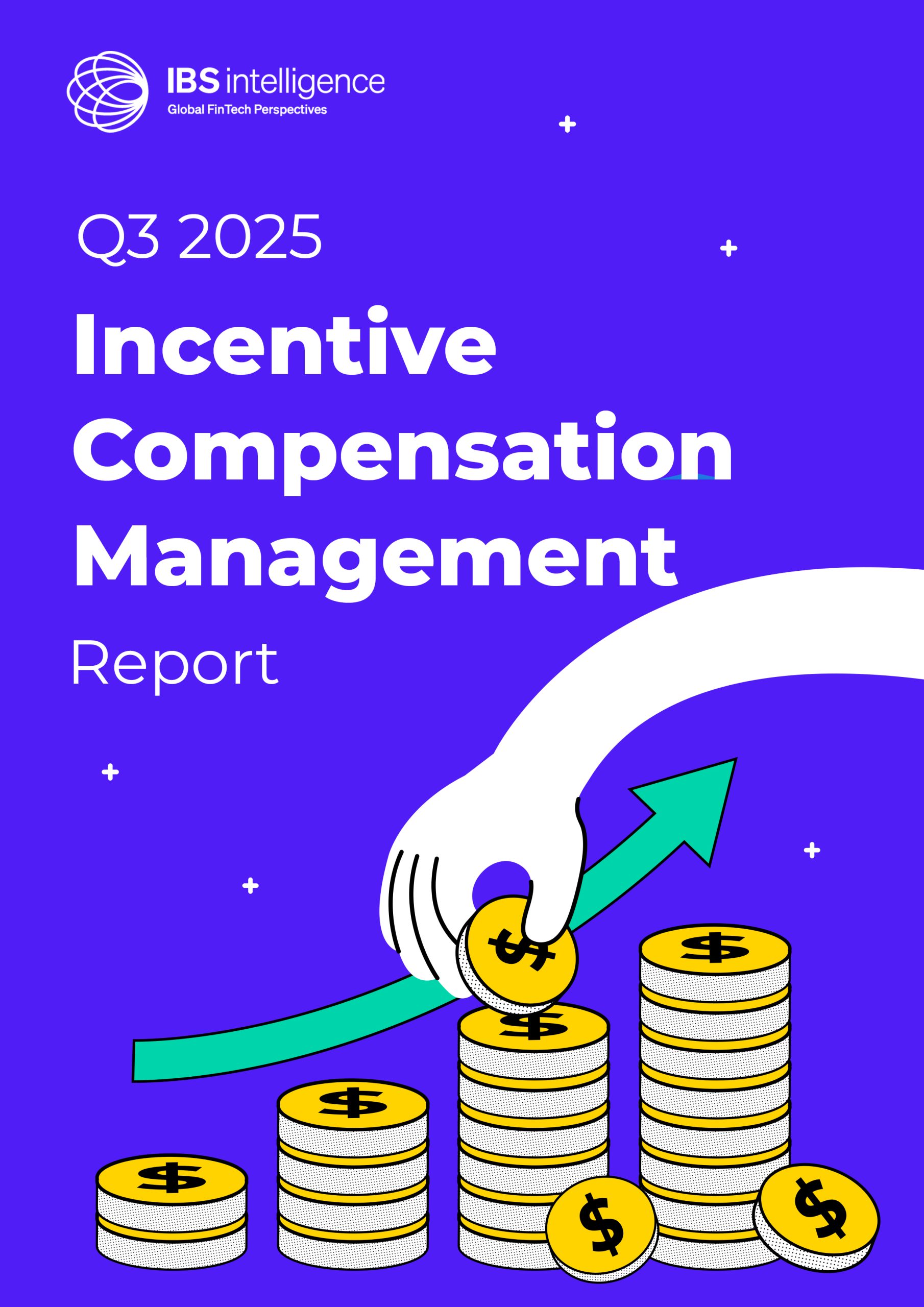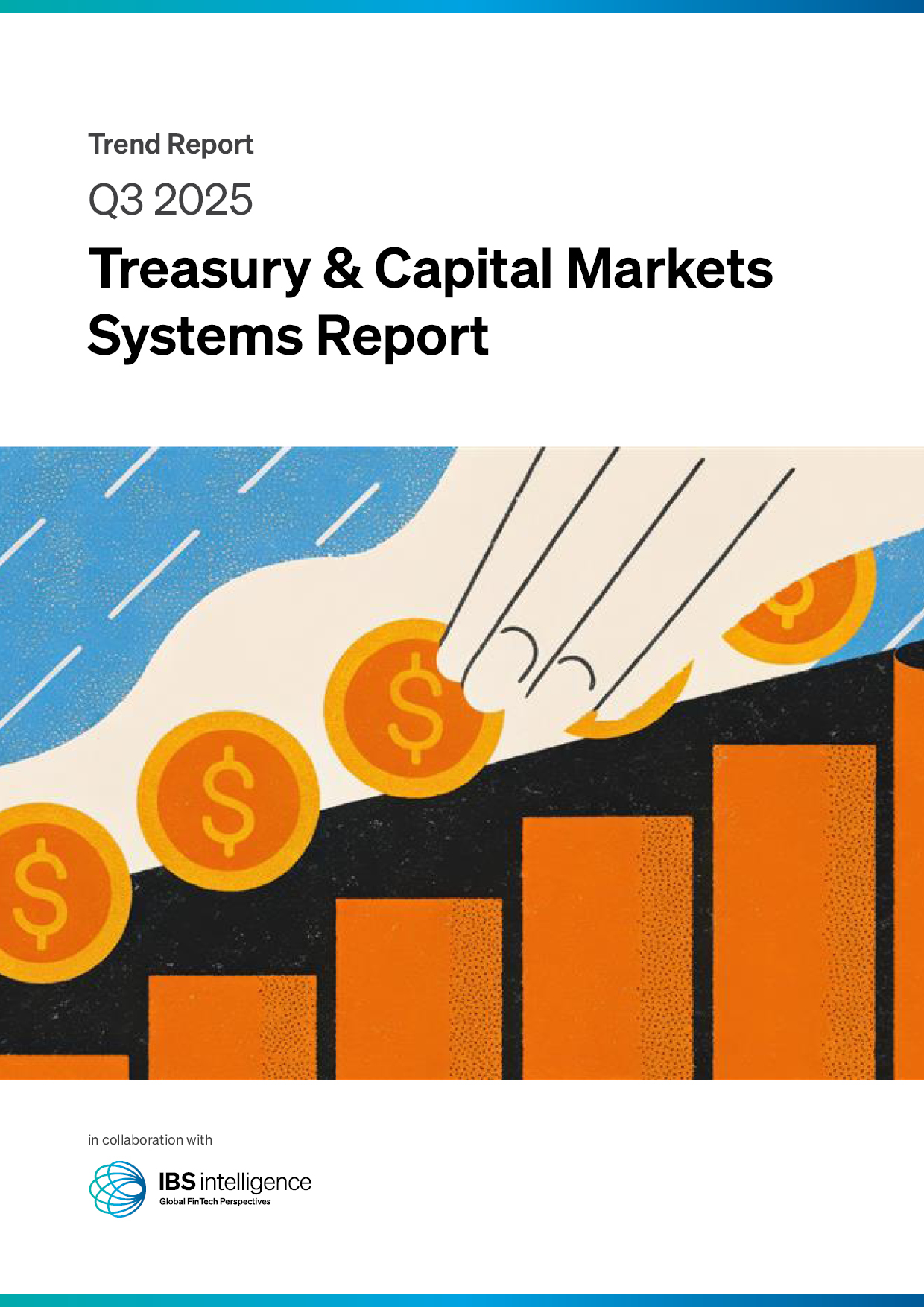 Back
Back
UK maintains lead over Europe’s FinTech sector
By Robin Amlot
The UK holds the number one position as regional FinTech leader in Europe, followed by Sweden and Lithuania, according to the latest report from the Association of Financial Markets in Europe (AFME). This leading position is being ‘driven by a supportive regulatory environment with local sandboxes and innovation hubs across banking, insurance, and the securities markets. The UK also benefits from a deep local funding ecosystem accounting for 58% of the funding provided to FinTech companies in Europe (EU27+UK); and the emergence and growing base of multiple FinTech Unicorns with 10 of the 14 European FinTech Unicorns headquartered in the UK’, according to the third edition of the Capital Markets Union Key Performance Indicators.
Responding to the AFME’s comments, Ian Bradbury, CTO of Financial Service at Fujitsu, said: “The UK benefits from a thriving financial services sector, particularly through FinTechs that have pioneered new business models and invested in innovative technology. However, the challenge for the likes of Monzo, Starling and more is to establish themselves as serious, profitable financial organisations and not just plucky challengers.
“It’s an exciting time for FinTechs in the UK and there are plenty of opportunities for growth and investment. What we’re also seeing is a healthy reaction from traditional financial services, many of which haven’t had to invest in technology at such a pace. PayPal allowing Bitcoin on its services from early next year is just one example. The UK FinTech scene is set-up to succeed and thrive, and it will certainly be an exciting space to watch in the coming years.”
The AFME notes that SMEs continue to rely on bank loans with bank lending to EU27 SMEs totalled EUR 573bn in H1 2020 compared with only EUR14.1 bn in risk capital investment (venture capital, private equity, business angel and equity crowdfunding).
In FinTech seven European countries launched FinTech innovation hubs over the last year. However, investment into EU27 FinTech companies during the first half of 2020 (EUR 1.5bn) was below that of other major regions like the US (EUR 7.4bn) and the UK (EUR 2.1bn). Malta is the only EU27 country that has not established an innovation hub although the initiative is currently under consideration.
Over the last year, only Malta formally launched a regulatory sandbox following a period of consultation with the relevant national stakeholders. Other countries like Spain, Bulgaria and Hungary have continued to formally consider the initiative and are expected to launch a regulatory sandbox in the near future.
The report noted: “It is essential that the recently launched European Commission Digital Finance package leads to the development of an EU regulatory framework that is fit for the digital age and applies the principle of ‘same activity, same risk, same regulation’ to allow market participants to innovate, in a risk- and principles-based manner.”
Adam Farkas, Chief Executive of AFME, said: “Our report demonstrates that despite the economic shock from the Covid-19 pandemic, European capital markets were resilient in 2020 with unprecedented levels of bond market issuance including continuing leadership in sustainable bonds. However, a dramatic increase in bank loans means that Europe remains highly dependent on bank lending. Equally, while member states have taken steps to foster innovation in their economies, investment in FinTech companies is still below that of other major regions such as the US and China. If Europe is to achieve a strong economic recovery and ensure that it is globally competitive, further progress needs to be made in this e and other areas to strengthen its capital markets.
“A total of EUR 11.5bn was invested into FinTech companies over the first half of 2020 in Europe, the US and China—this is equivalent to EUR 23bn annualised assuming the same investment performance for the second half of the year (vs EUR 27.4bn in 2019FY. In the first half of 2020, European FinTech companies were recipients of an accumulated total of EUR 3.6bn in risk capital investment (annualised at EUR 7.3bn vs. EUR 9.4bn in 2019FY and vs. EUR 4.8bn in 2018FY). In Q1 2020, the investment activity stood at EUR 2.0 bn, which partially receded in Q2 2020 at EUR 1.6bn,” the report said.
“Changes to the local FinTech talent pool (one of the components of the indicator) did not show material changes over the last year, with the UK continuing to lead in the proportion of population with a tertiary degree (42% vs 35% in the US, 32% in the EU27 and 18% in China). Going forward, the terms of the Brexit agreement between the EU and the UK will be crucial to determine the degree in which the UK will continue to benefit from attracting a global pool of talent for their local labour force and to continue to support the production of innovative products in leading research and education centres.”
For the latest developments in European FinTech, read our story here.
IBSi FinTech Journal

- Most trusted FinTech journal since 1991
- Digital monthly issue
- 60+ pages of research, analysis, interviews, opinions, and rankings
- Global coverage







